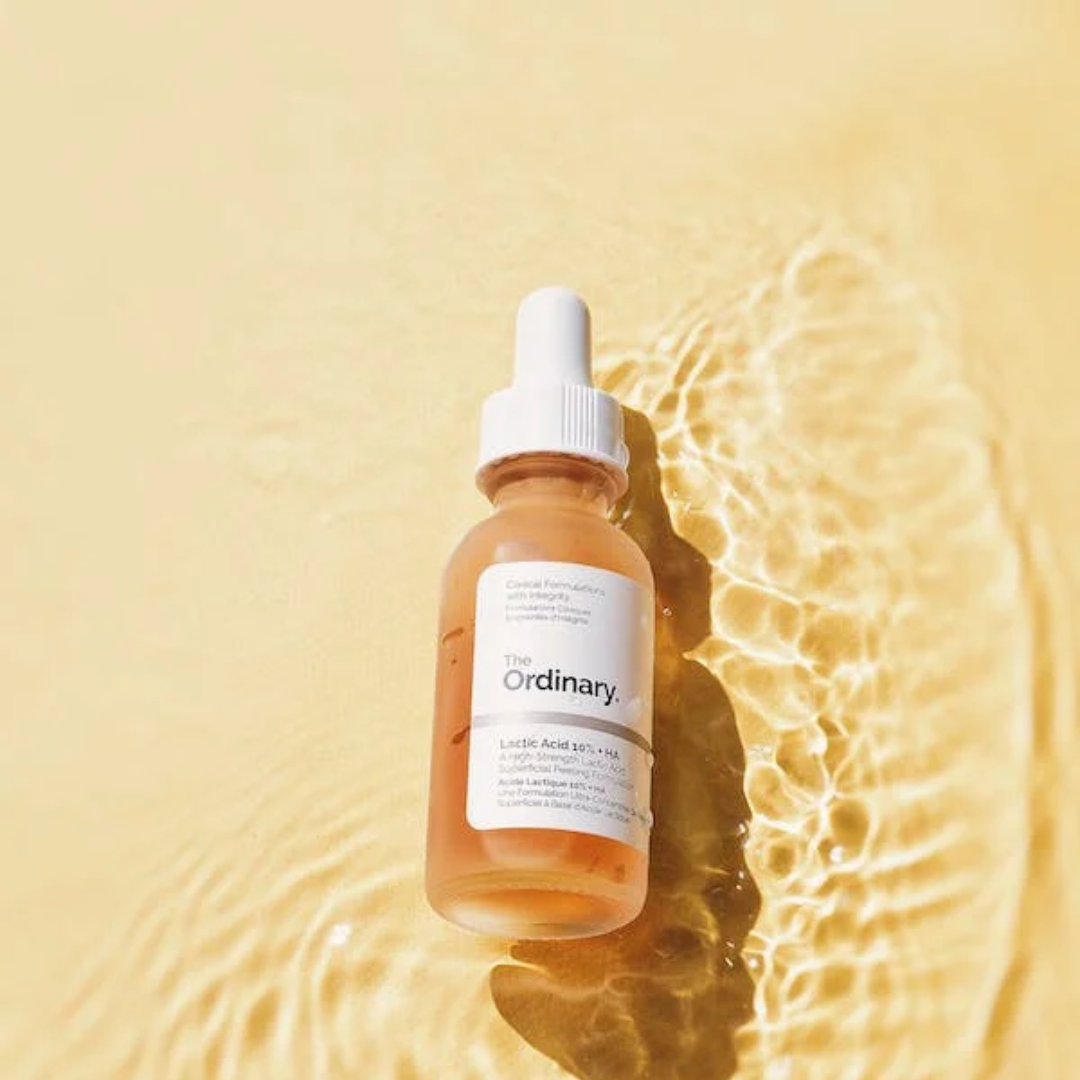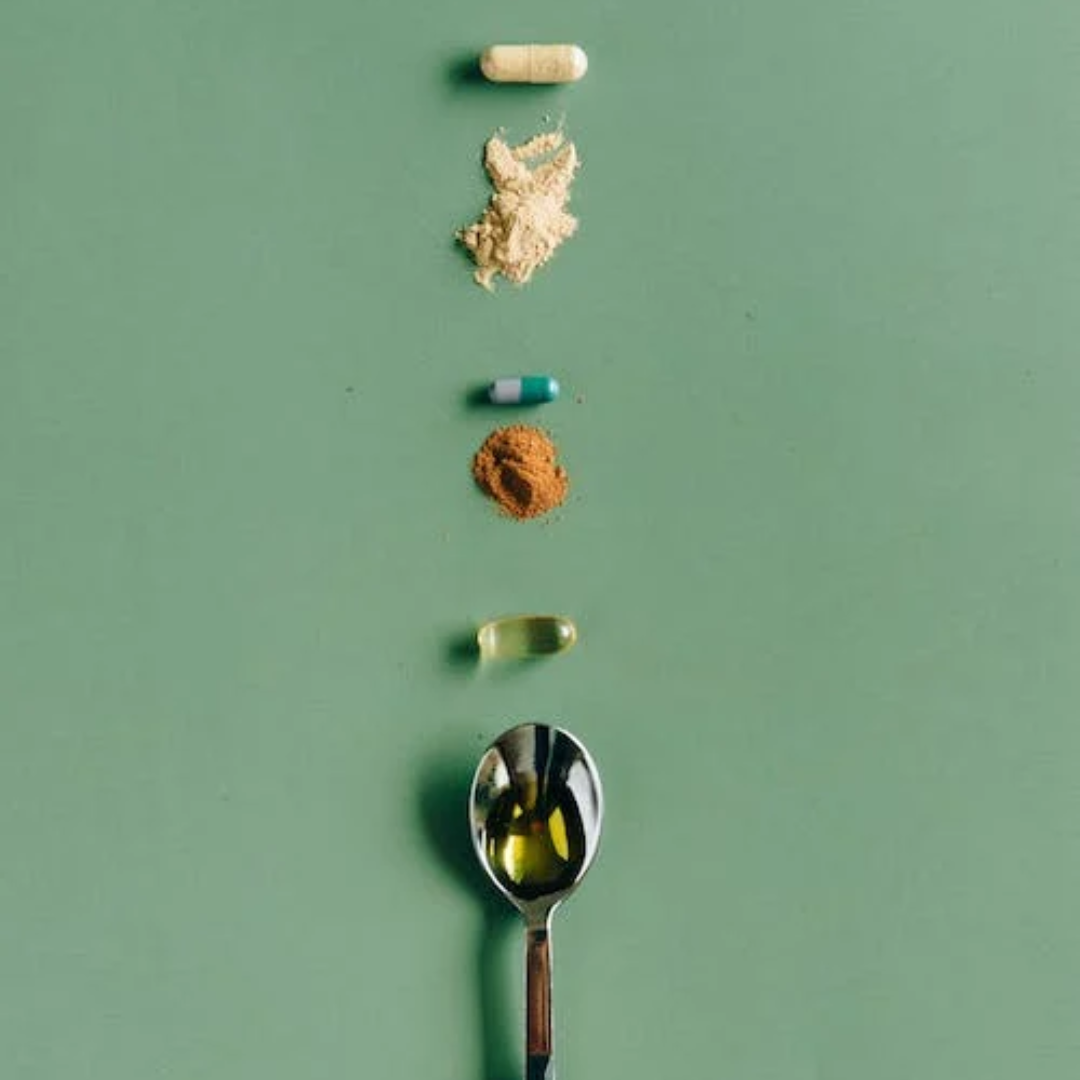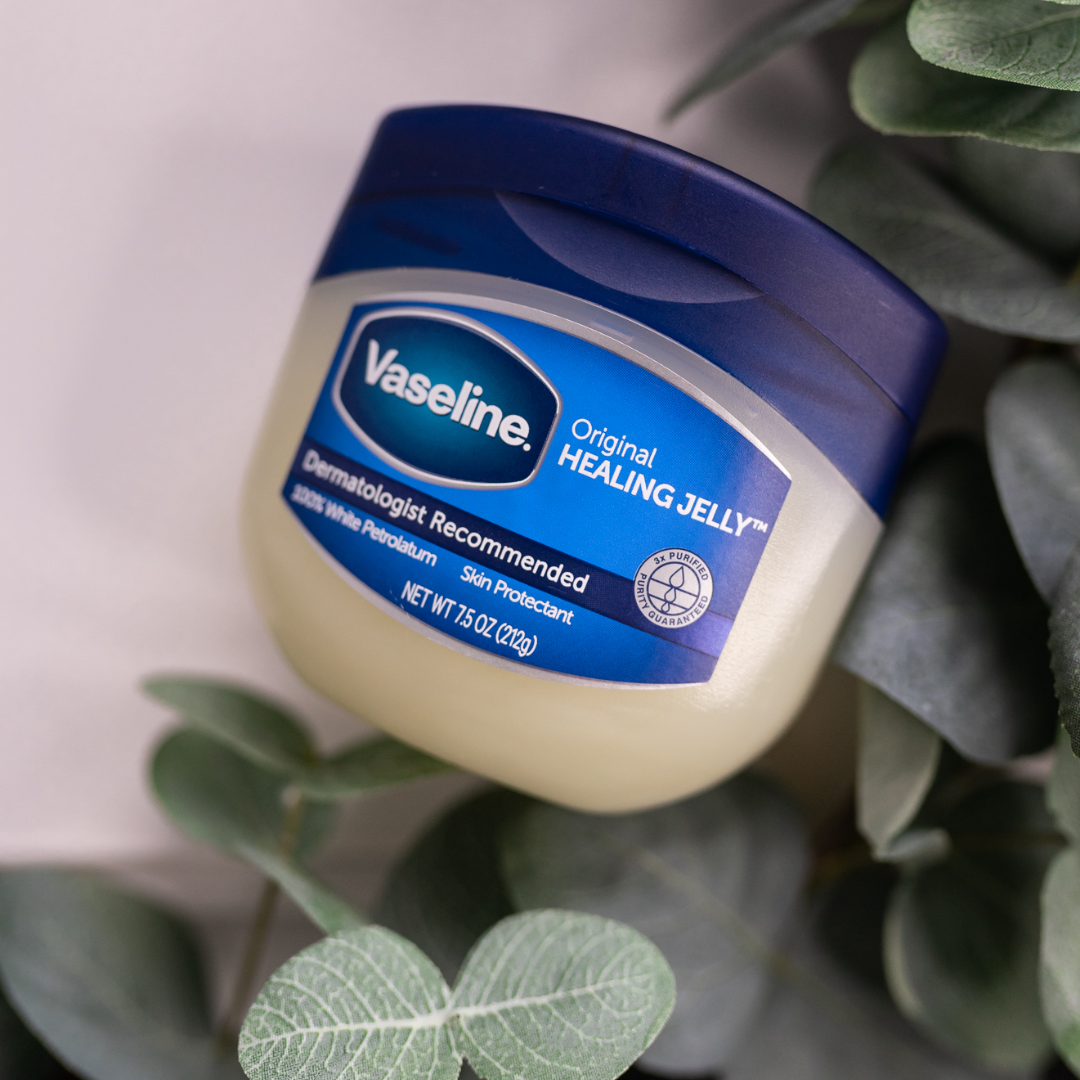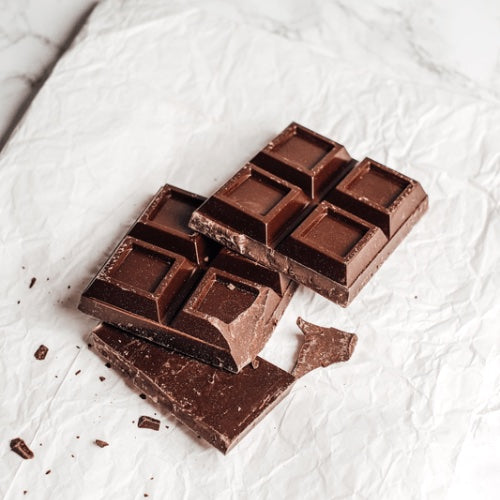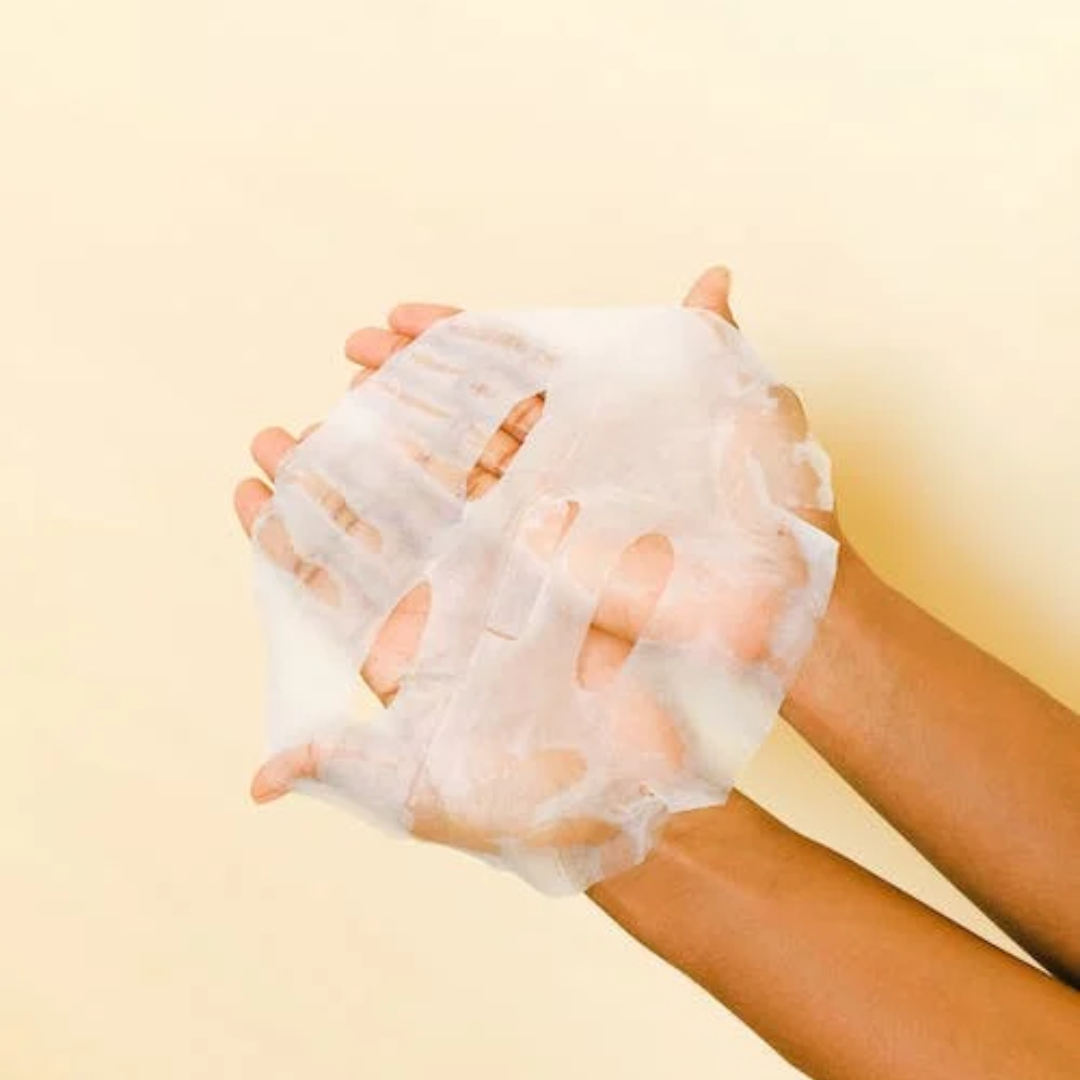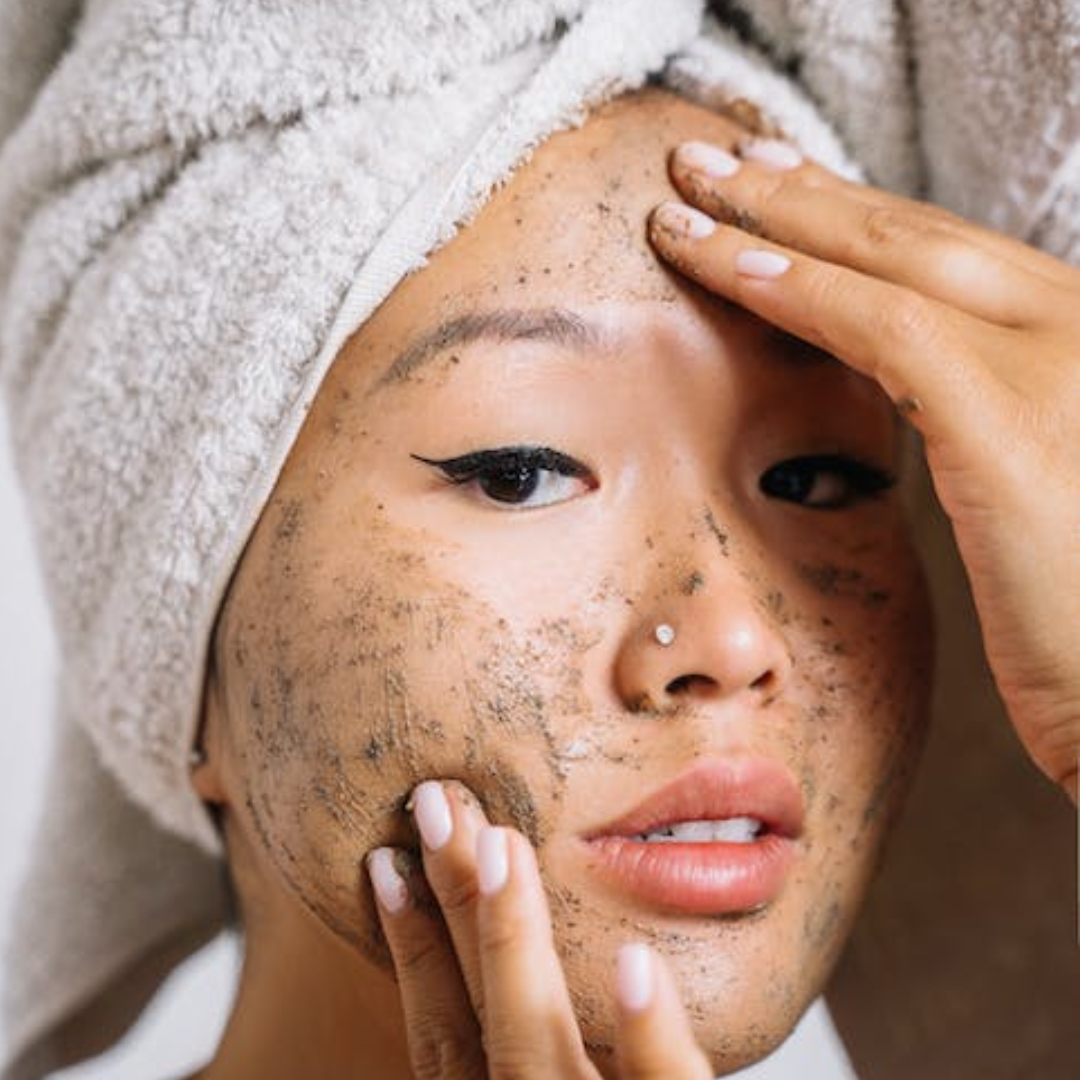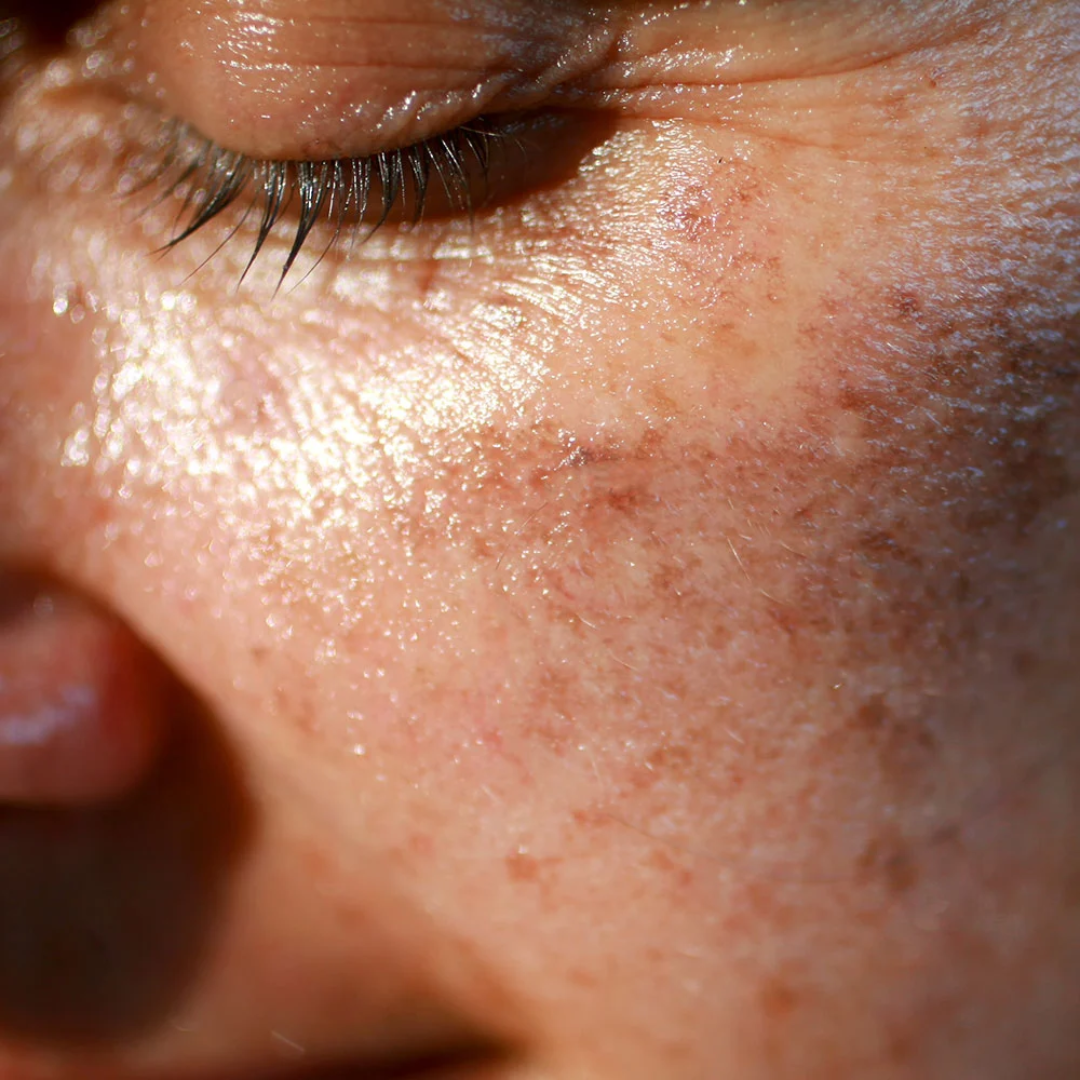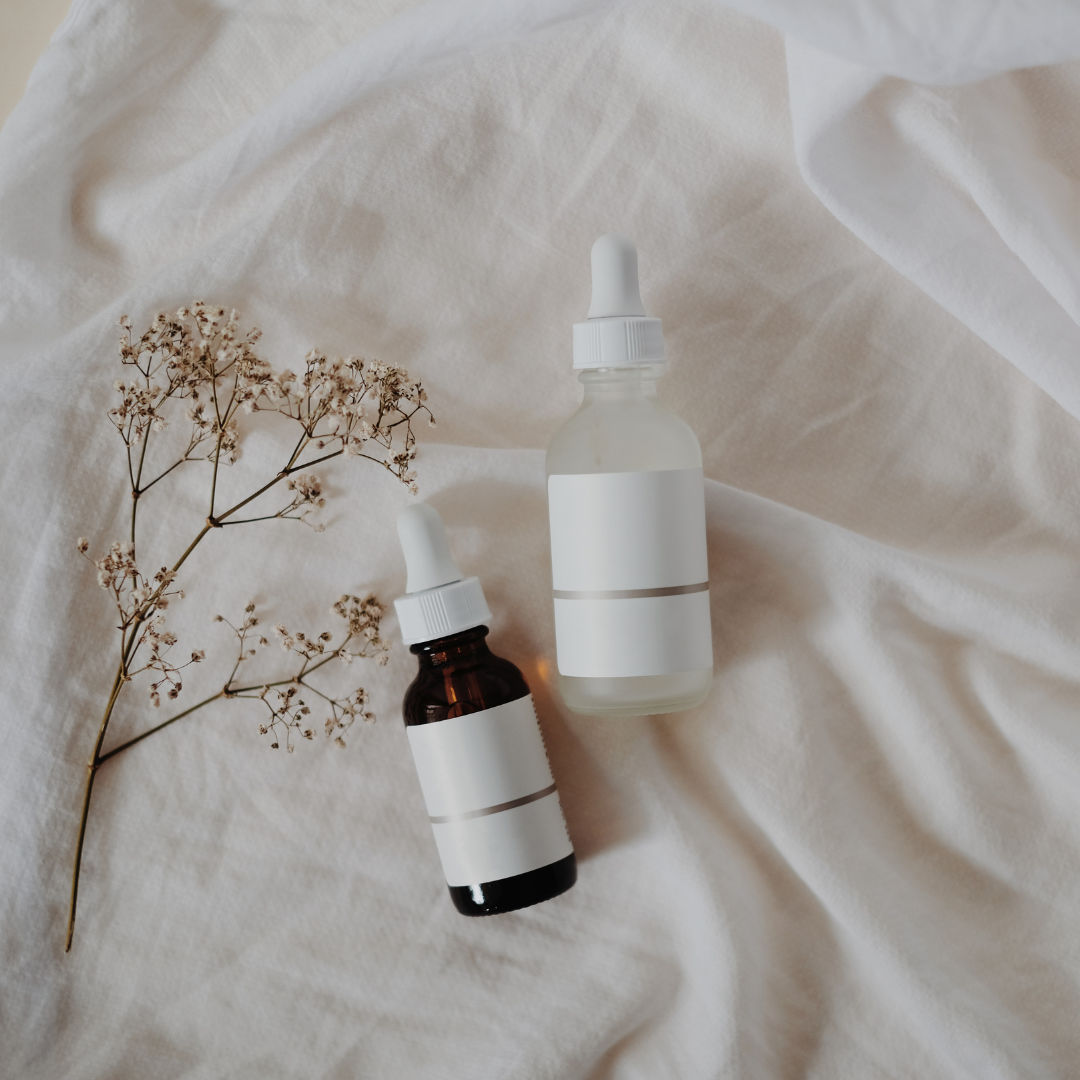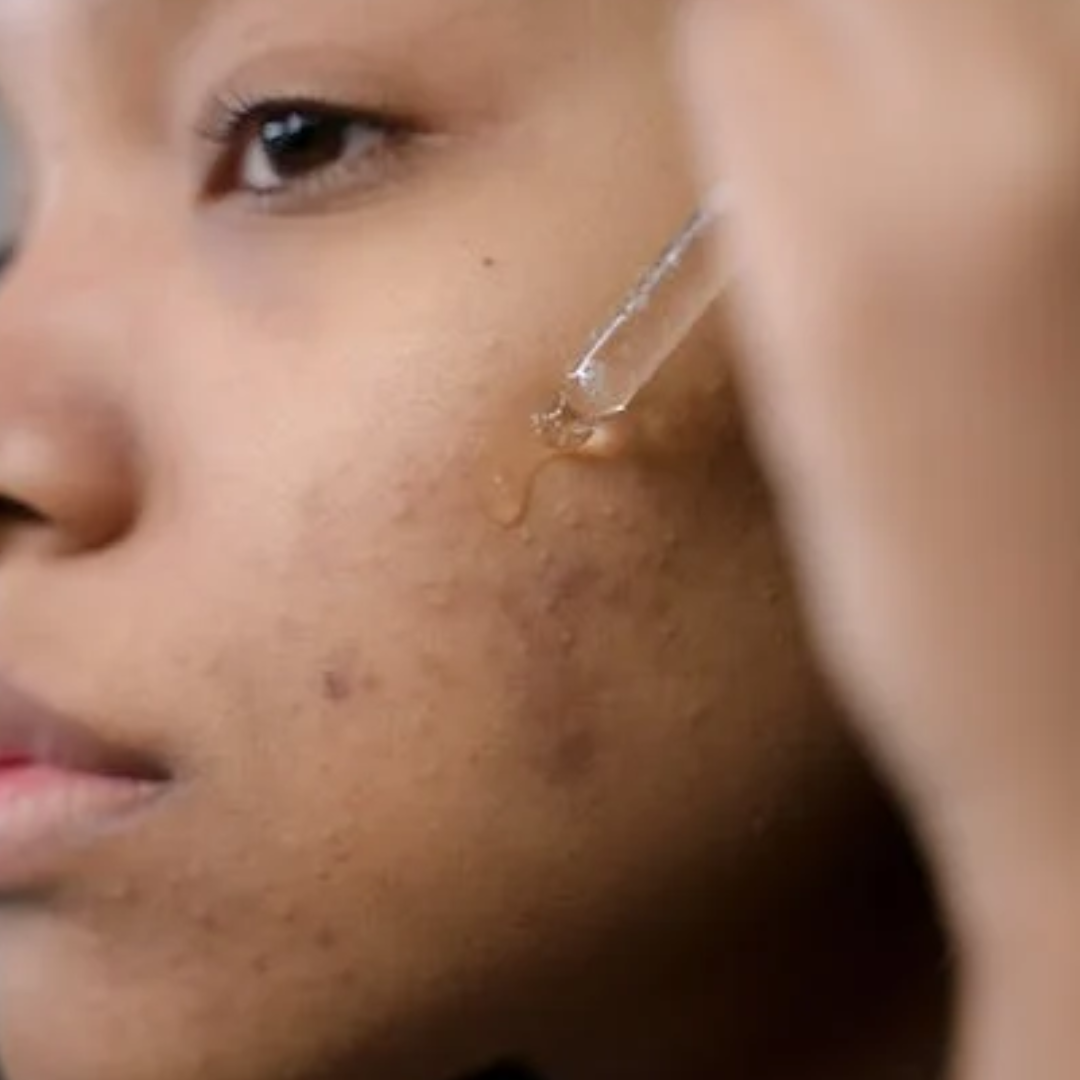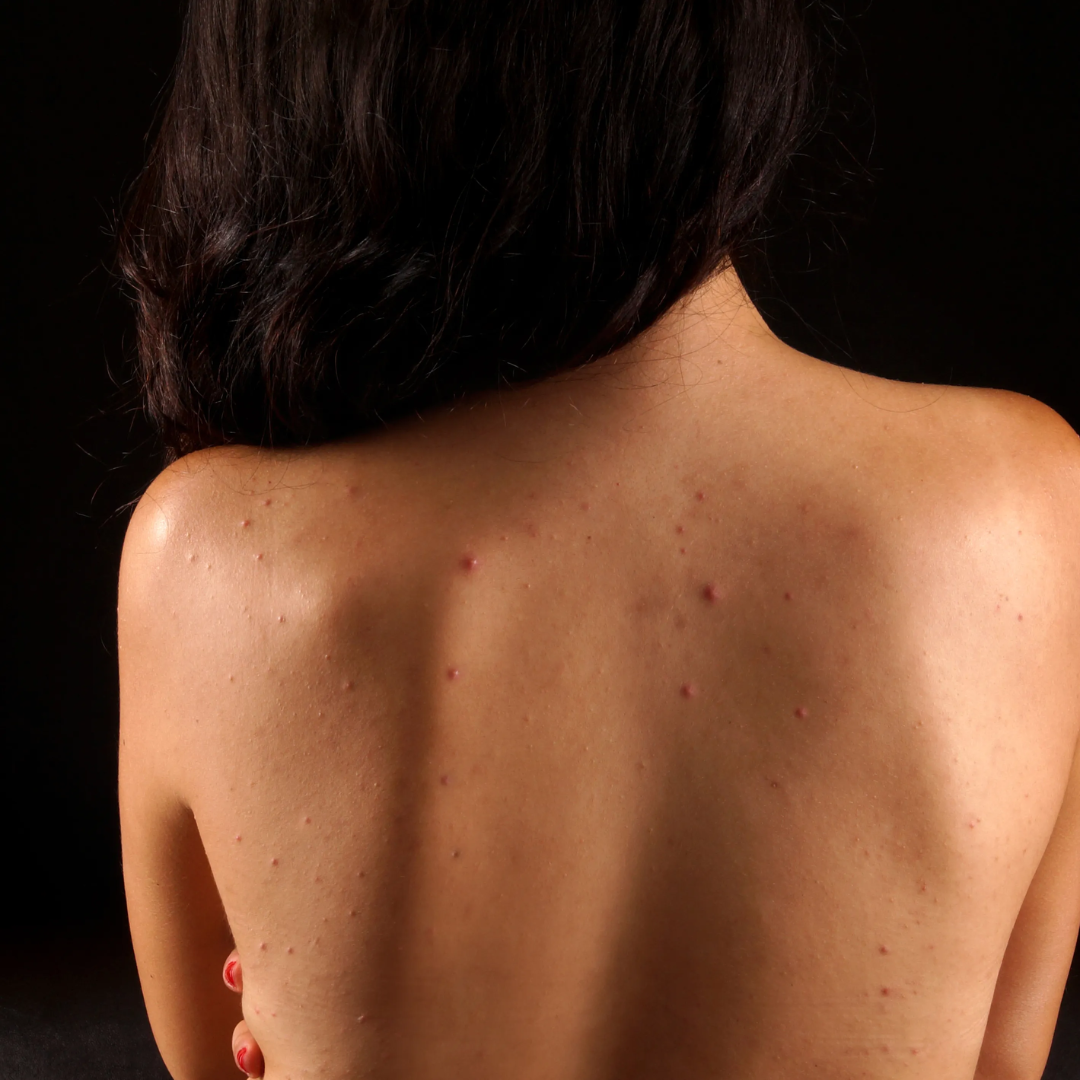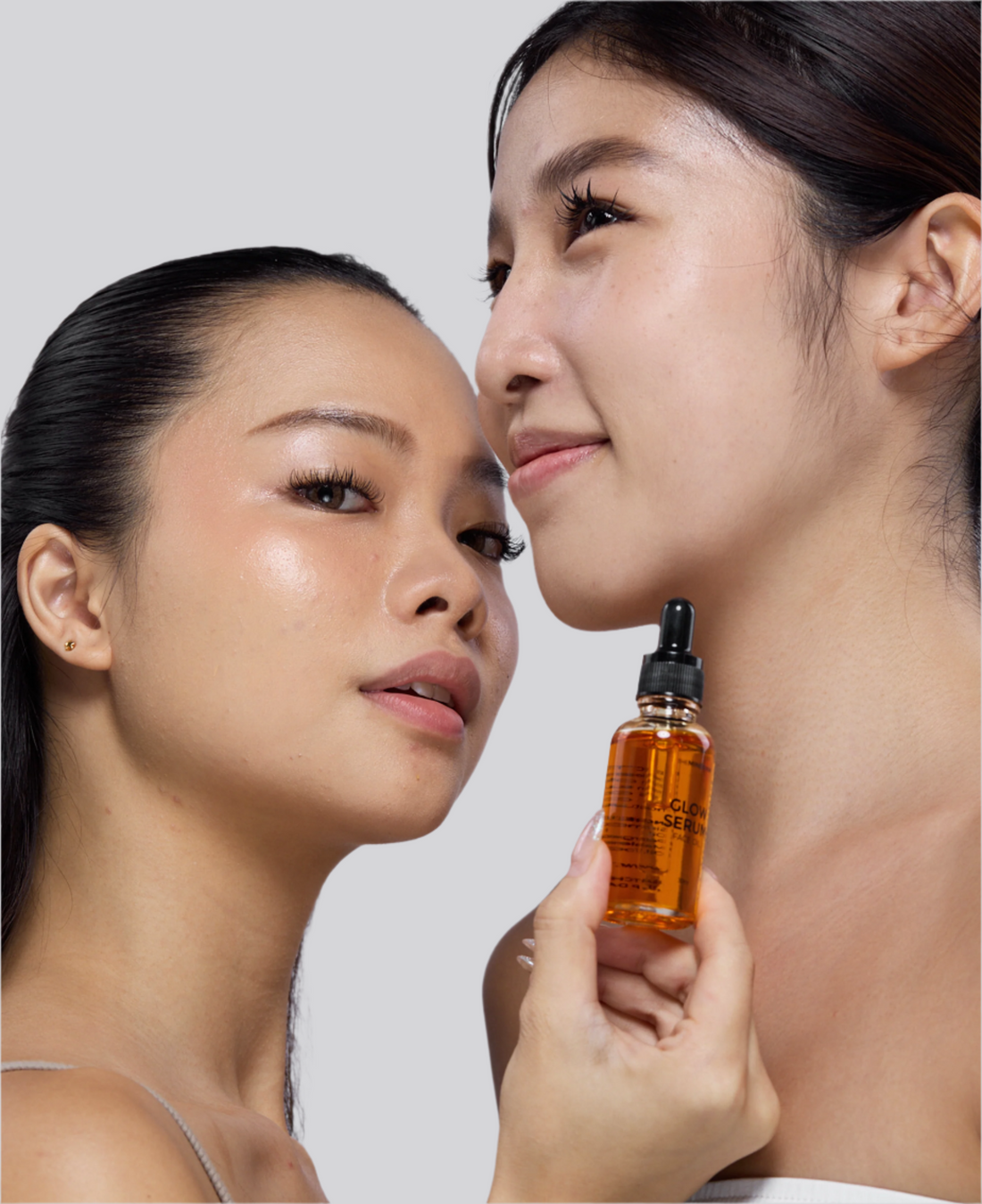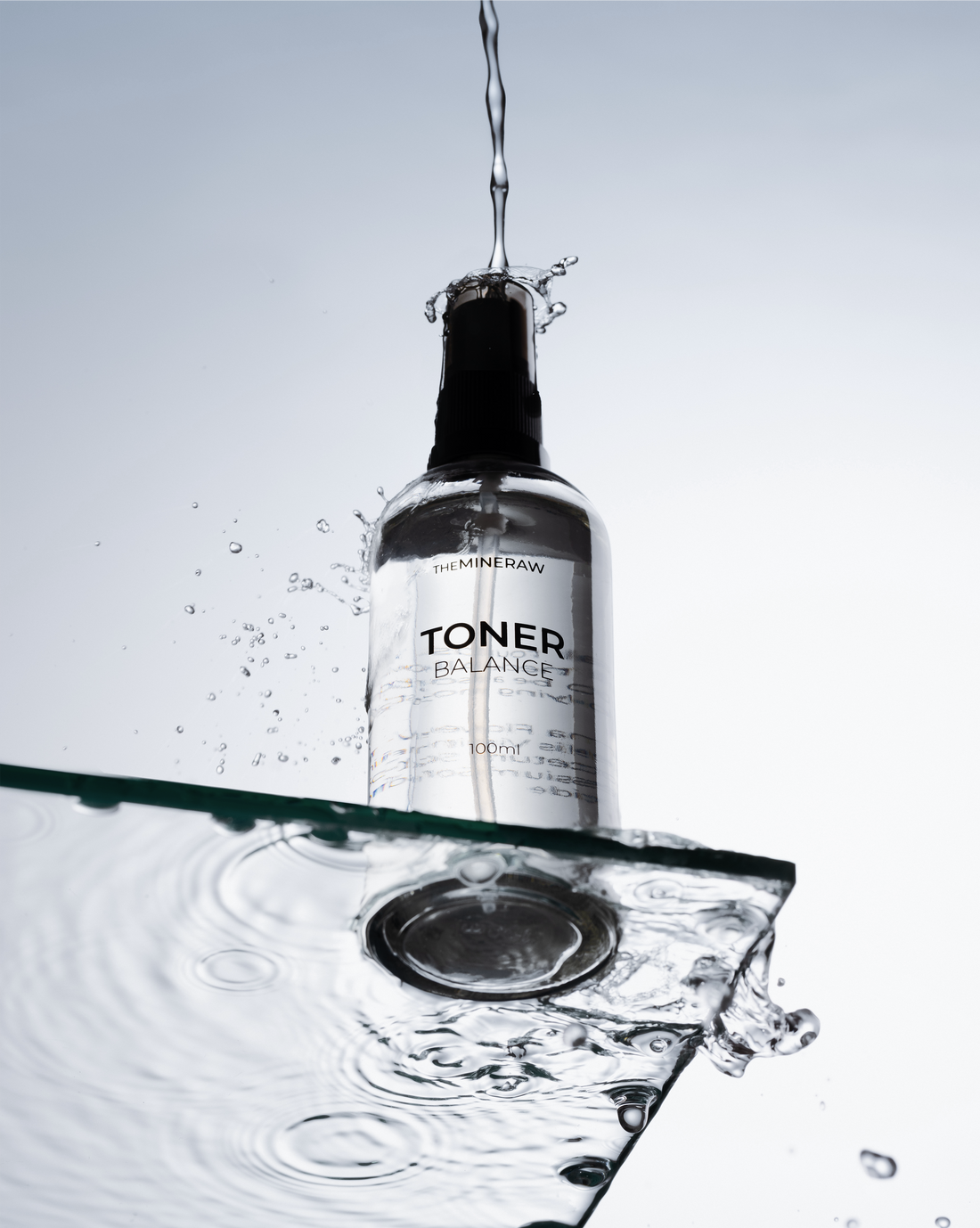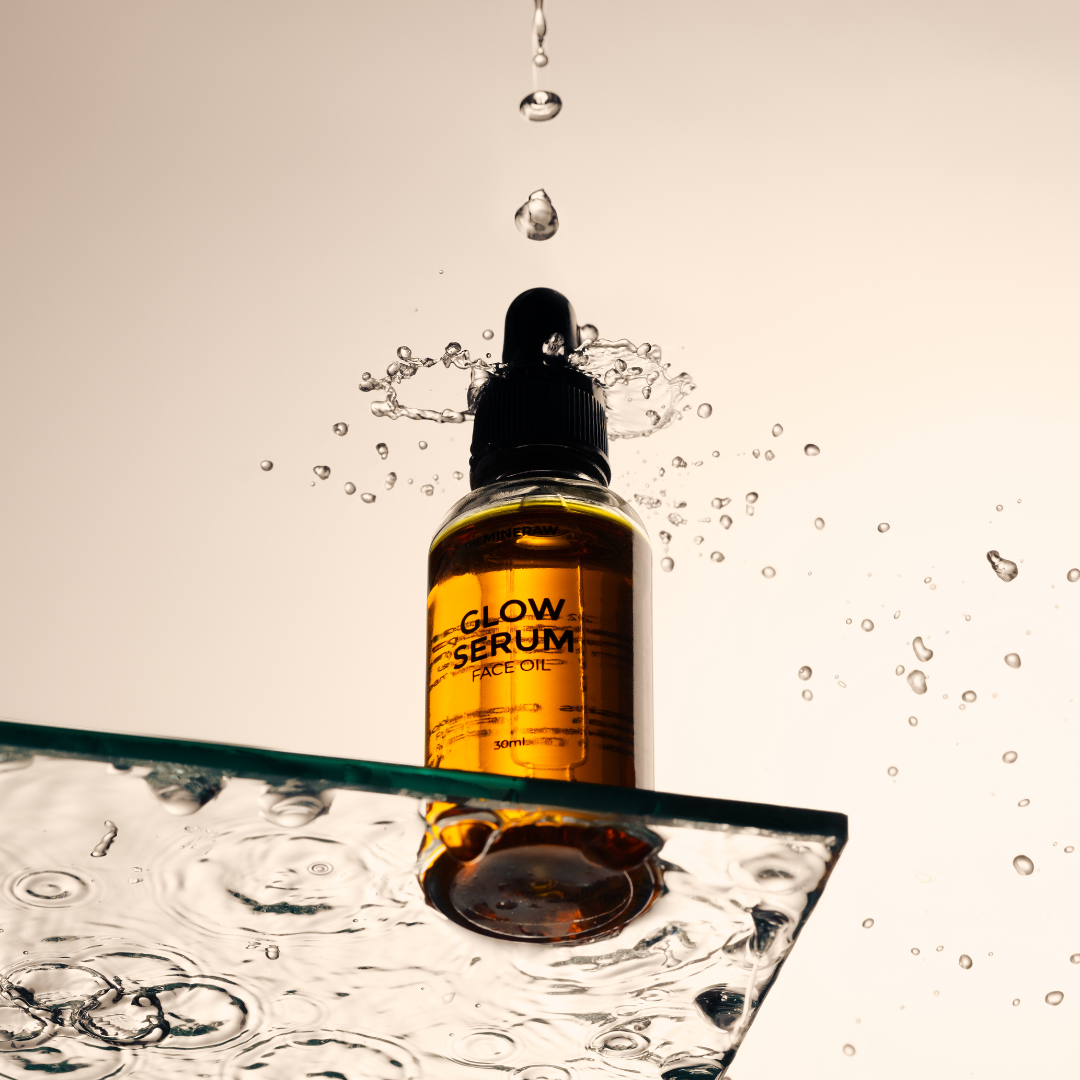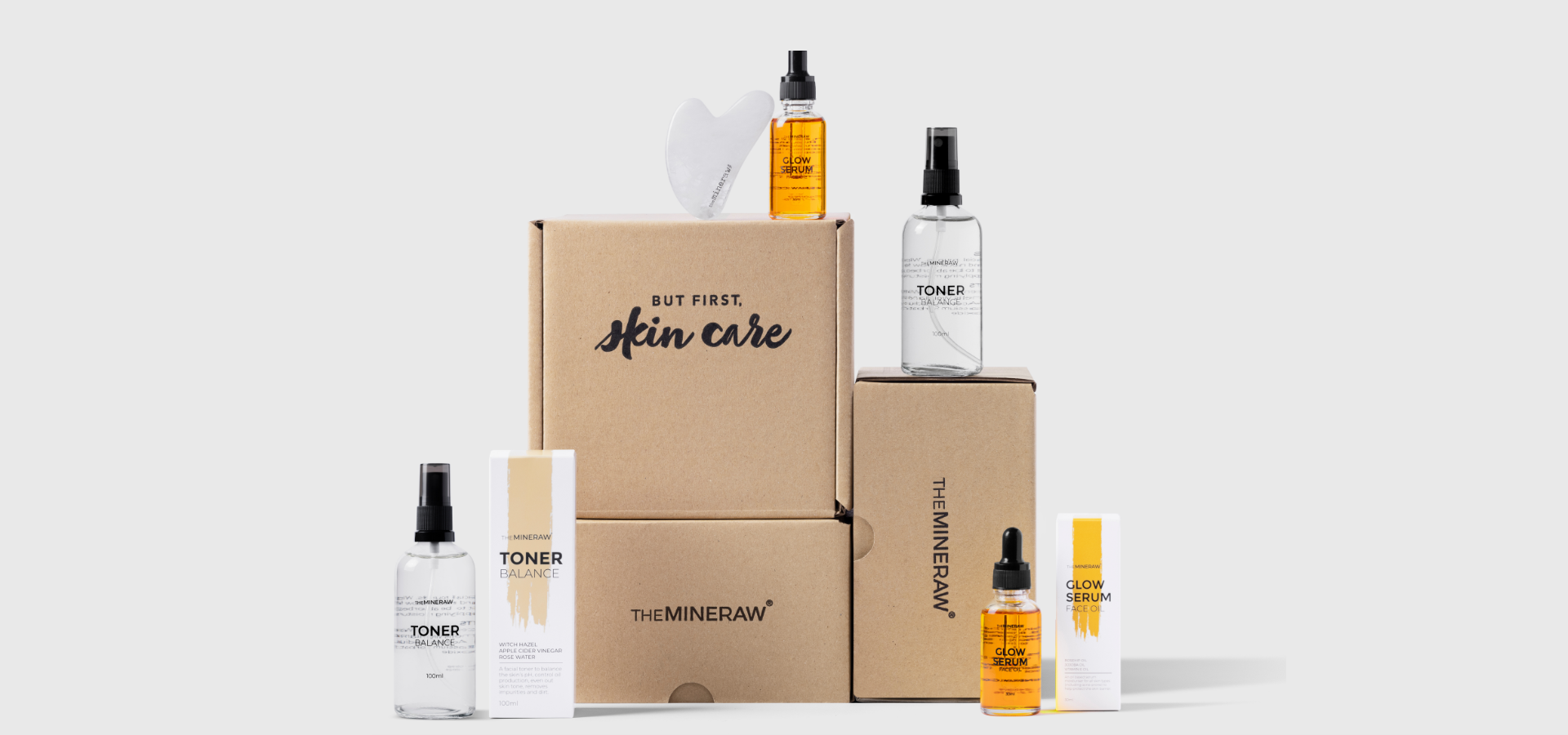Skin Diaries
Supplements for Skin
Maintaining a healthy skin does not only come from a perfect skincare routine (If only it were that simple). Individuals would also have to be more attentive to their dietary intake, menstrual cycle and additional supplements taken to give our body the nutrients needed to perform our daily activities. Many of us wonder do not realise how some supplements can help us achieve our skin care goals while balancing a healthy lifestyle. We are here to discover the benefits of a few supplements such as Vitamin C, Fish Oil, and Collagen. Vitamin C Vitamin C is a water-soluble antioxidant that is a natural component of healthy skin. When we’re young, vitamin C levels in the skin's outermost two layers (epidermis and dermis) are abundant, but as we age, these levels naturally deplete. Unprotected sun exposure (UV damage) and pollution can accelerate this, leading to our skin looking and feeling dull, uneven, and less firm than it once was. Benefits: Ability to even out skin tone and diminish the appearance of fine lines and wrinkles While this powerhouse ingredient is well-known for its skin-brightening benefits, research also shows it can shield skin from the visible impacts of environmental stressors, including free radical damage. Fish Oil (Omega 3) Omega 3 serves to regulate the skin's oil production, improve balanced hydration, subdue breakouts and minimize signs of aging. Omega-3s can also help soften rough, dry skin and have a soothing effect on irritation and dermatitis. But that's not all! Research shows that regularly taking fish oil may boost the skin's immunity to UV damage and skin cancer. Benefits: Balance its inflammatory response Improve the fatty acid composition in your skin Skin stays softer and less inflamed Minimize the effect of sun damage and improve sensitive skin conditions. Collagen It’s the main component of connective tissues that make up several body parts, including tendons, ligaments, skin, and muscles. Collagen has many important functions, including providing your skin with structure and strengthening your bones. In recent years, collagen supplements have become popular. Most are hydrolyzed, which means the collagen has been broken down to make it easier to absorb. Benefits: Improves skin health Helps smooth wrinkles and boost skin elasticity Helps promote anti aging Even though supplements can help improve certain skin conditions, such as acne, and are necessary for people who don’t or can’t get enough nutrients from their diet, they’re not usually necessary for skin health. The truth is, when it comes to skin care, supplements can’t take the place of a nutritious diet. If you’re generally healthy and simply want to take care of your skin from the inside out, take a look at your diet to see what it might be missing.
Learn moreSlugging for Skin
Ever come across the slugging method on TikTok and wondered if its a hack? Slugging is a K-beauty trend of generously applying a petroleum-based product as the final step in your routine, to help lock and seal in your skincare products overnight, and then washing it off with a cleanser the next day. Petroleum jelly is an occlusive that is not only amazing at soothing irritated skin and promoting wound healing, but it can act as a protective barrier for the skin. Slugging is proven to especially help individuals with dry skin or during winter time to help restore moisture to the skin. Moisturizers hydrate your skin, while petroleum-based products are occlusives—meaning they lock in that hydration , which reduces transepidermal water loss. This helps skin retain moisture better. Here are some benefits of slugging: Prevent TEWL Slugging creates a seal over the skin, prevents transepidermal water loss, and protects and repairs your skin's natural lipid barrier that binds skin cells together. Occlusive means the product itself is non breathable. Thus, upon applying it on our skin, it helps lock in the water in between the layers of our skin that is usually lost due to heat, activities, etc. Protect The Skin Barrier By reinforcing the lipid barrier, it is artificially strengthening the way that your skin protects itself. If you're dealing with dryness or skin damage right now and want to give your moisture level a boost to try to rebalance your skin, slugging is a great reparative approach. However, we do recommend individuals to slug modestly as too much of something in skincare could harm your skin as well. As slugging would lock in the skin care product before the petroleum jelly, we do advise individuals to not include active ingredients like niacinamide, retinol and other active ingredients as they would not react well with the petroleum jelly. Individuals with oily skin may also want to practise sluggin once a week first to analyse how it reacts to their skin.
Learn moreDietary Intake for Skin
A healthy dietary intake will not only guarantee a healthy body but it will also reflect on our skin health as it's the biggest indicator in our body. Acne breakout oftentimes result from an unhealthy dietary intake such as excessive alcohol, dairy intake, trans fat etc. We highly recommend individuals to check the ingredients when buying food or skincare products as we have to be aware of our intake and what we apply on our face. Here we are to discuss some natural ingredients that could be integrated in our daily meal for an all rounded skin care. Green Tea Drinking green tea helps the skin as it has anti-inflammatory properties. Green tea helps protect your skin from damage and aging. The powerful compounds found in green tea are called catechins and work to improve the health of your skin. Like several other antioxidant-containing foods, green tea can help protect your skin against sun damage. Green tea also improved the moisture, roughness, thickness, and elasticity of their skin Dark Chocolate The effects of cocoa on your skin are pretty phenomenal as they help hydrate the skin. The high-antioxidant properties in dark chocolate allows your skin to withstand over twice as much UV radiation before burning thus proving it is a protectant to our skin barrier as well.. Fatty Fish Fatty types of fish such as salmon, mackerel, and herring, are excellent foods for healthy skin as they contain omega-3 fatty acids that can reduce inflammation and keep your skin moisturized. Omega-3 fatty acids are necessary to help keep skin thick, supple, and moisturized. They’re also a good source of high quality protein, vitamin E, and zinc. Avocados Avocados are high in healthy fats. These fats benefit many functions in your body, including the health of your skin. Getting enough of these fats is essential to help keep skin flexible and moisturized. Avocados are high in beneficial fats and contain vitamins E and C, which are important for healthy skin. They also pack compounds that may protect your skin from sun damage. We have suggested a few natural ingredients that individuals can add to their existing diet while having a meal or even snacking. Achieving the perfect skin does not only come from a good skin care routine but a healthy diet also gives a good balance to the goal.
Learn moreSkincare Myths
Skincare can be a very hard process that requires trial & error methods, understanding your skin needs and concerns. You need to be at it every day if you want to sport flawless and clear skin. Many individuals would approach the clinical or drug store products recommended by dermatologists or our favourite celebrity. Thus, sometimes you will hear a lot of dos and don’ts about skincare from family, friends and the internet. While some may be true and proven, others may do damage to your face. Let's discuss some skincare myths and decode if they are a myth or in fact a hack! Toothpaste for acne We cannot deny that we have all attempted or thought of trying this hack. If only it was as simple as using toothpaste to get rid of acne on our skin. Using toothpaste on a pimple can cause bleeding, busting, irritation and burning sensations. It could also cause an imbalance to your skin pH level given it has alkaline properties. We suggest individuals try over-the- counter medications specially dedicated for acne. Washing your face frequently Many of us believe washing our face regularly in the day could solve all our skin concerns. This is definitely a myth as in skincare we believe in practising moderately be it any skin care product. Overwashing your face in a day could cause dry skin and remove essential oil from our skin barrier. This would make our skin prone to more skin issues like irritation and inflammation. Popping your pimples Under any circumstance, popping your pimples is a BIG NO in skin care. No it would not make it better if you were to pop it in the early or later stages as they would leave a scar or discolouration on your skin. Popping your pimples is a direct harm to your skin and is not advised for individuals. Natural ingredients for your skin It is true natural ingredients are good for your skin as chemicals only give us instant results but could be damaging to our skin in the long run. We do believe if individuals choose natural skin care products you cannot go wrong. However, we do believe every skin is different and has its own preferences thus we urge individuals to read the ingredients before applying it to their face as some people could be allergic to some ingredients. We do hope individuals take the time and invest well in their skincare products for a healthy and long running relationship for clear skin. We will be back with more skin care myths to discuss if its a hack or myth.
Learn moreExfoliation
Exfoliation is the process of removing dead skin cells from the outer layer of your skin. It helps our skin not look dull and makes it easier for skincare products to penetrate the skin. Although exfoliation is encouraged in your skin care routine, we also would like to remind individuals to modestly exfoliate the skin as too much can cause more harm than good. If you choose to exfoliate, it’s important to identify your skin type and concerns so that it does not damage your skin barrier. Here are a few concerns for different skin type: Sensitive skin may sting or burn after product use Normal skin is clear and not sensitive Dry skin is flaky, itchy or rough Oily skin is shiny and greasy Combination skin is dry in some areas and oily in others Why Exfoliate? Exfoliating helps to brighten your complexion, improve the appearance of your skin, and crucially, it helps prevent pore clogging, acne spots, blackheads, and whitehead Exfoliation can be classified into two such as physical and chemical exfoliation. Physical exfoliation is often done at home by using more abrasive tools such as a brush or sponge, or a scrub to physically remove dead skin cells. Chemical exfoliation uses chemicals, such as alpha and beta hydroxy acids, to gently dissolve dead skin cells. How to exfoliate right: Check Your Product Ingredients Just like checking the ingredients to maintain a healthy diet intake, your skin needs the same cautionary steps to avoid damaging your skin further. Some medications and even over-the-counter products may cause your skin to be more sensitive or peel, such as prescription retinoid creams or products containing retinol or benzoyl peroxide. Exfoliating while using these products may worsen dry skin or even cause acne breakouts. Be gentle to your skin Exfoliation is aimed to remove dead skin celI on your skin. However, being harsh with these scrub or chemical exfoliators can cause more harm to your skin than good. We advise individuals to apply the product gently using small, circular motions then rinse off with lukewarm (not hot) water. Never exfoliate if you have open cuts or wounds or if your skin is sunburned. Follow with moisturizer Exfoliating can cause the skin to be very dehydrated after which we advise individuals to hydrate your skin immediately with a moisturiser to rejuvenate your skin barrier. If you aren’t sure what skin type you have, or if you have questions about exfoliating, we recommend you to visit a dermatologist. A dermatologist can evaluate your skin and help you decide if exfoliation is beneficial for you
Learn moreHyperpigmentation
Ever notice uneven skin tone on your face and wonder what it was? Hyperpigmentation is that patches of skin are usually darker than the surrounding areas of skin. It occurs when the skin produces excess melanin, the pigment that gives skin its colour. Hyperpigmentation is very common on skin of colour, as darker skin tones already have a higher melanin content that can occur in small patches, cover large areas of the skin or affect the entire body. There are several types of hyperpigmentation, the common ones being melasma, sunspots, and post-inflammatory hyperpigmentation. Melasma Melasma is believed to be caused by hormonal changes and may develop during pregnancy. Areas of hyperpigmentation can appear on any area of the body, but they appear most commonly on the stomach and face. Sunspots Also known as liver spots are related to excess sun exposure over time. Generally, they appear as spots on areas exposed to the sun, like the hands and face. Post-inflammatory hyperpigmentation (PIH) This is a result of injury or inflammation to the skin. As we all know it is a big NO to pick on your acne and your face given certain acne leaves scars and discoloration to the skin known as PIH. Hyperpigmentation can be treated with over-the-counter topical medications such as retinoids,azelaic acid, kojic acid, salicylic acid, and vitamin C as they are known to balance the pH value in our skin. We also recommend individuals to prevent hyperpigmentation by always using SPF, and washing your face especially after sports as you will be sweaty. Don’t forget to grab our Toner Balance as the best way to achieve even skin tone the natural way and tackle hyperpigmentation together :
Learn moreDitch The Chemical!
Why use natural products? Can you imagine yourself consuming plastic? The harsh truth is we may already have been doing this for a while. The reasons plastic can eventually end up in our bodies is because of microbeads. Microbeads are tiny plastic particles. They can shrink to a size smaller than a pinhead. These microplastics can be found in our everyday personal care products. Yes, especially in our physical facial and body scrubs we regularly use. They can also be found in: Toothpaste Sunscreens Body wash Cosmetic products How Microbeads end up on your plate Since microbeads are so tiny, wastewater facilities are unable to filter them. This means microbeads can escape into our water systems and the ocean. Once they’re released into the water, they become difficult to detect. If you compare a sprinkle of microbeads with fish food, wouldn't they look similar? A fish's instinct kicks in and they swallow up this 'food'. Microbeads can soak up toxins around them, becoming more toxic than they already were when they entered the water. These fish that have ingested microplastics are caught by fishermen before making their way up the supply chain until they reach our dinner tables. Ingredients to avoid in your products Better to be safe than sorry! Here are some of the common ingredients for microbeads you can avoid: Polyethylene Polypropylene Polyethylene Terephthalate Polymethyl methacrylate Polylactic Acid Nylon Thankfully, the movement of banning microbeads is being carried out in certain countries. But there are still companies who use them in their products because they’re cheaper than natural exfoliators like oats and sugar. Why choose natural? Natural skincare products forego the use of such harmful ingredients that also doesn’t necessitate excessive mining thus causing no harm to the surrounding plants and animals. If you choose natural, you are at least at ease of not damaging your skin barrier and help rejuvenate your skin. Although, natural skin care products do not give you immediate results, its slow process does give the individual long time satisfaction and improved skin barrier.
Learn morePIE VS PIH
Acnes can be as messy as breakups because they will always leave a scar in the end . It is truly painful enough when we get acne on our skin but for it to leave a scar afterwards is also vital for us to treat in our skincare routine. Just like how breakups can end very differently for individuals, The pain resulting from acne inflammation now has types of awful aftermath of that inflammation: discoloration and scarring. The discoloration can be classified as Post-Inflammatory Erythema or Post- Inflammatory Hyperpigmentation. In order to begin treating these skin concerns, we first need to identify if our skin is going through PIH and PIE. From there, we’ll be able to form our plan of action for each distinct type of discoloration. Post-Inflammatory Erythema : PIE This type of pigmentation usually occurs on lighter skin tones and is not linked to melanin production. After inflammation of the skin, the increase of damaged capillaries in those areas (due to your skin’s healing process) are the cause of the area to be a pink-ish or red-ish color.This pink - red discoloration on your skin is caused by blood vessel damage within inflamed skin Post-Inflammatory Hyperpigmentation : PIH You know those dark spots that show up where your acne was acting up? This is shortly known as PIH which is caused by the overproduction and deposition of melanin to the skin in response to inflammation, thus giving it its dark - brown color on your skin PIE VS PIH PIE PIH Pink, reddish discoloration brown , black discoloration (related to melatonin concerns) Common in lighter tone Common in darker tone Suggested to use : Aloe vera, green tea ingredients Suggested to use: Vitamin C, Niacinamide We do hope individuals are able to identify the type of discoloration faced by them post acne and choose the right course of action. You could also grab our Hydrate Gel Face Mask, that helps with inflammatory concerns related to our skin:
Learn moreBody Acne
Does skincare only stop till your face? The answer is no, as your skin is the largest of the human body thus body acne kinda falls under your skincare routine. “Body acne” is a term used to describe breakouts that occur usually near the shoulders, back, and chest which are the areas most commonly known for our sebaceous glands. There are many reasons for this breakout to happen to our body so it may not be very alarming to some individuals. Body acne could be a result of hormonal changes, stress, exercising and friction. The latter two may be new to hear as its not very commonly spoken of. When we don’t shower immediately after exercising and stay long in our workout gear, we are trapping all that sweat in our body pores causing the break out very similar to the face. This is also an action on friction in which an individual that sits too long on the chair may result in acne mechanica - breakouts around the bum. Here are few ways to tackle your body acne concerns: Shower after Exercise Sweat and tight clothes can both contribute to body acne thus leaving that sweaty sports bra on after your workout ends definitely contributes to body breakouts. The same goes for swimming as you’ll want to rinse off after swimming, regardless of whether it’s in a pool or in the open sea. It is advisable for individuals to give a 5 minute break after your workout and shower with cold water. Use Gentle Body Gel Things to avoid include oil-based shower gels which can promote excess oil production. You should also beware of comedogenic hair care products as they are clogging prone especially panthenol which may result in your back acne. Exfoliate Regularly Exfoliating helps remove dead cells from your skin’s surface, which may help to prevent clogged pores. However, we again remind individuals to practice your skin care modestly as exfoliating can be beneficial for those prone to body acne. However, over-exfoliating can irritate your skin and more likely make you break out. Don’t Pick Your Body Acne Try to avoid touching that pimple on your body at all cost as that can make the breakout worse and could lead to acne scars. In general, the oils and bacteria from your fingers can penetrate the already-damaged skin around the breakout and make it worse. We recommend individuals to always wash your hands before touching your skin to not make the breakout worse. We do hope individuals are more aware of their overall hygiene and daily consumption so you can listen more to what your skin needs. We also advise you to consult a dermatologist if your body acne isn't subsiding just to be safe.
Learn more

